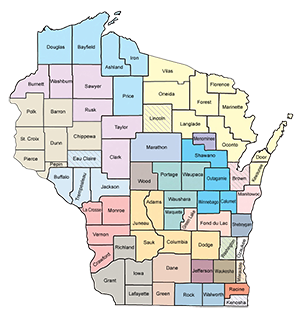As Response to Intervention (RTI) becomes more and more common practice in early childhood, three national organizations are working to provide the field with critical guidance on this emerging trend to help programs define and implement RTI practices based on reliable information. The Division for Early Childhood of the Council for Exceptional Children (DEC), the National Association for the Education of Young Children (NAEYC), and the National Head Start Association (NHSA) are working together to develop a joint position statement on RTI in early childhood. The National Professional Development Center on Inclusion (NPDCI) is helping to facilitate the process and the plan for the joint DEC-NAEYC-NHSA Position Statement on RTI in Early Childhood is available to the public.
Included in the process to develop a joint position statement was convening national experts on RTI to identify key issues and provide input. One outcome from a June 2010 meeting of national experts was the development of a list of resources on RTI. Below are links to the websites included in the resource list (please see the link for the full list which includes publications):
- Center for Response to Intervention in Early Childhood, a consortium of professionals committed to advancing early intervening services
based on RTI and evidence-based practice in early childhood education by conducting research and providing resources that support application of RTI in early childhood education. - Center on the Social and Emotional Foundations for Early Learning (CSEFEL) at Vanderbilt University which focuses on promoting the social/emotional development and school readiness of young children birth to age 5. CSEFEL is a national resource center funded by the Office of Head Start (OHS) and the Child Care Bureau to disseminate research and evidence-based practices to early childhood programs across the country.
- Head Start Center on Inclusion funded by OHS to systematically address existing barriers to effective inclusion and increase the competence, confidence, and effectiveness of personnel in Head Start programs to include children with disabilities.
- National Center on Response to Intervention (NCRTI) operated by the American Institutes for Research and researchers from Vanderbilt University and the University of Kansas through funding from the U.S. Department of Education’s Office of Special Education Programs (OSEP). The Center’s mission is to provide technical assistance to states and districts and building the capacity of states to assist districts in implementing proven models for RTI.
- Recognition & Response (R&R), a tiered RTI model for pre-k designed to provide high quality instruction and targeted interventions that are matched to children’s learning needs, from the University of North Carolina’s FPG Child Development Institute.
- RTI Action Network from the National Center for Learning Disabilities dedicated to the effective implementation of RTI in school districts nationwide.
- Technical Assistance Center on Social Emotional Interventions for Young Children (TACSEI) funded by the US Department of Education to take research showing which practices improve the social-emotional outcomes for young children with, or at risk for, delays or disabilities and to create free products and resources to help decision-makers, caregivers, and service providers apply these best practices in the work they do every day.

